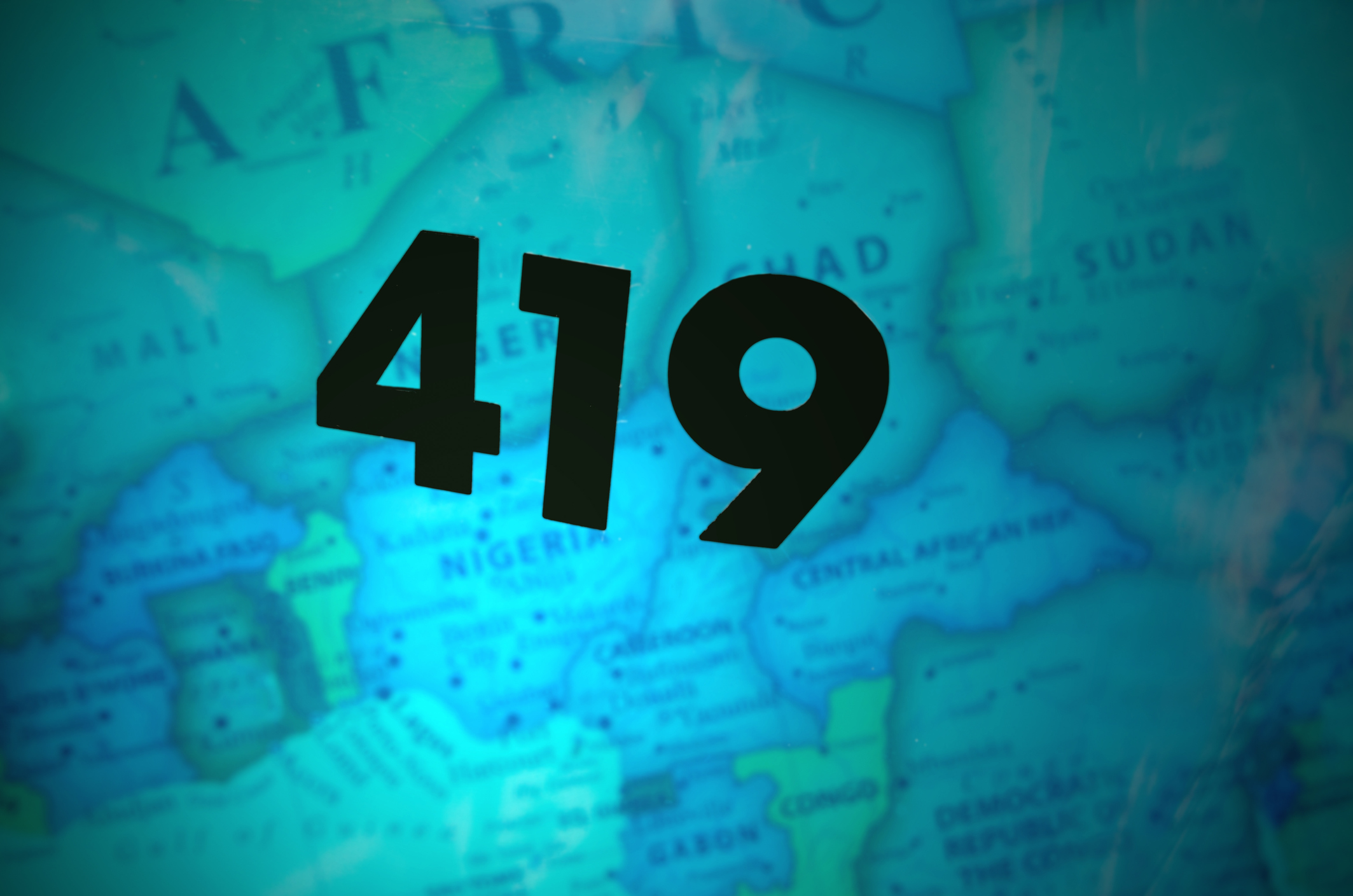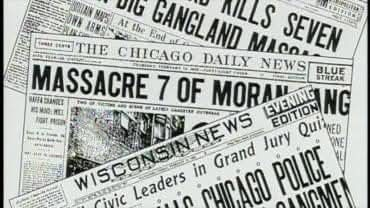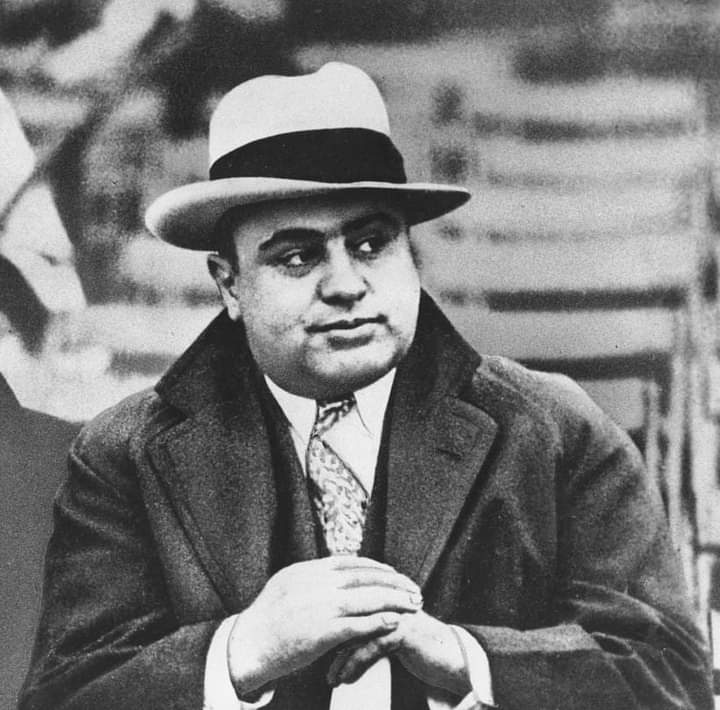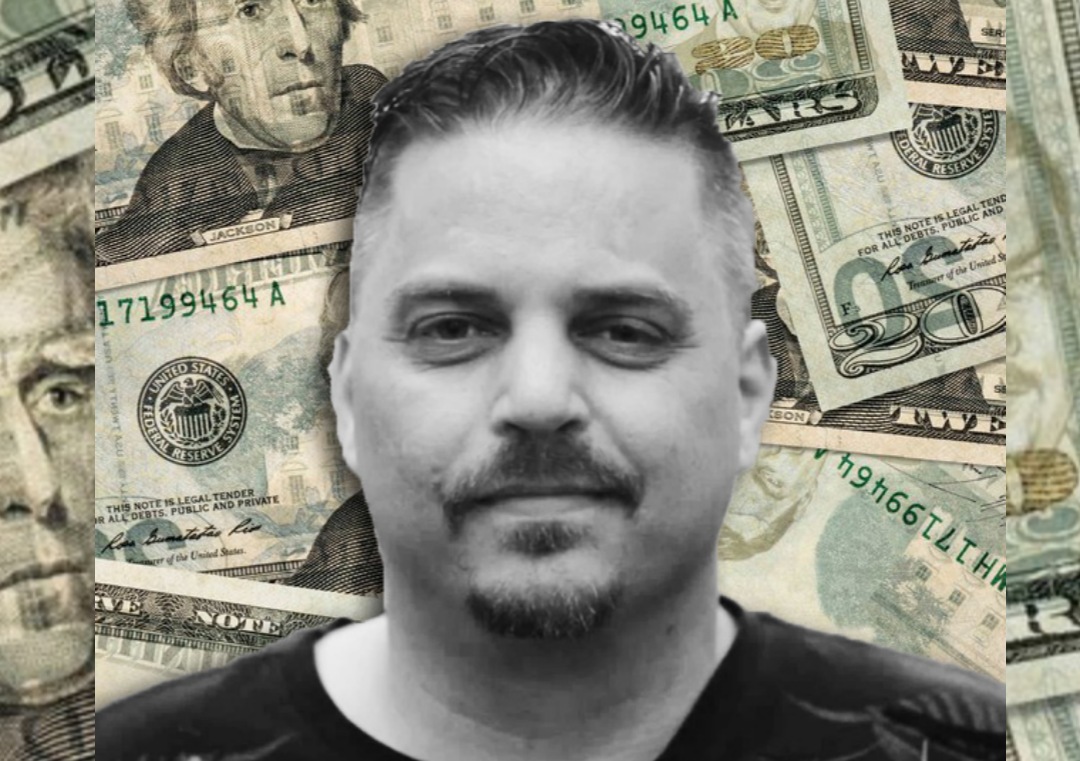FRAUD: The Origins of Nigeria's Notorious 419 Scams By Stephen Ellis

Did you know that the 419 scam originated in the early 1980s in Nigeria, and is named after a section of the country's criminal code, 419?
The scam popularly referred to as 419 in Nigeria is no longer confined to that country as 419 fraudsters are arrested throughout South Africa and around the world. Here is an extract from the late Stephen Ellis's book 'This Present Darkness: A History of Nigerian Organized Crime' published by Hurst in London and by Oxford University Press in New York, detailing the history of scam and some cases of the crime.
The first properly documented 419 letter dates from 1920 and was written by one P. Crentsil to a contact in the British colony of the Gold Coast, today's Ghana. Crentsil launched into a long description of the magical powers that were in his possession and that could, on payment of a fee, be used to the benefit of his correspondent. Crentsil signed himself "P. Crentsil, Professor of Wonders." According to the evidence at hand, "Professor" Crentsil has to be regarded as the first-known exponent of the modern 419 fraud. He seems to have written a number of similar letters, each time offering to provide magical services on payment of a fee.
In December 1921, he was charged by the police with three counts under various sections of the criminal code including section 419, the one to which Nigerians make reference when they speak of "Four One Nine." But Crentsil was in luck: the magistrate presiding over his case discharged him with a caution on the first count and acquitted him on the two others for lack of corroborating evidence, as a result of which "he (Crentsil) is now boasting that he got off owing to his 'juju' powers," reported the Chief of Police in Onitsha Province. The same officer stated that he had known Crentsil for some years, during which time the "Professor had slipped through the hands of the police so often that I shall soon, myself, begin to believe in his magic powers."
There is no way of knowing how many similar cases may have occurred, but the colonial authorities became sufficiently concerned by the number of letters addressed to Nigerians from outside the country soliciting money for what the British regarded as fraudulent purposes that they started to intercept items of what was called "charlatanic correspondence." The Director of Posts and Telegraphs made clear that this term embraced adverts concerning "medicines of potency, and unfailing healing power, lucky charms, love philtres, magic pens with which examinations can be passed, powders and potions to inspire personal magnetism, remove kinks from hair—or insert them—counteract sterility and ensure football prowess."
The Posts and Telegraphs department recorded 9,570 such items in 1947, by which time the amount of money returned to senders was some £1,205. In the mid-1940s there was a spate of financial scams perpetrated by people known as "Wayo tricksters," some of whom were operating a trick that involved posing as agents of a "New York Currency Note Firm," selling to a gullible victim boxes of blank paper with a promise that this could be turned into banknotes by application of a special chemical.
Behavior of a sort that British officials probably would have classified as charlatanic was sometimes recorded on the part of the relatively few Nigerians who travelled overseas at that time. One of these was one Prince Modupe, who spent years in the United States under a variety of fantastical guises. In 1935 he was in Los Angeles presenting himself as a graduate of Jesus College, Oxford, although Oxford University had no record of him. In March 1947 he appeared on the bill at the San Francisco Opera House under the name His Royal Highness Prince Modupe of Dubrica. Seven months later he was still in San Francisco, now claiming to be the "Crown Prince of Nigeria" and representing himself as a successful businessman who had obtained a variety of commercial contracts. Modupe seems to have been in effect a professional confidence trickster. Nor was he the only Nigerian operating in this field in the United States. Another was Prince Peter Eket Inyang Udo, a businessman who lived in America and Britain for some seventeen years. Eket Inyang Udo attracted the attention of the colonial authorities not only on account of his dubious commercial practices but also because of his political ideas and connections.
Another controversial case, in which fraud and nationalist politics seem to have been mixed, concerned an Igbo man who became a minor celebrity in America under the name Prince Orizu. He was so well known that an Australian official working in New York for the U.N. wondered in his memoirs: "What happened to the Ibo adventurer who called himself Prince Orizu?" Noting that "there are no hereditary chiefs let alone princes in Ibo-land," the Australian wrote that Orizu "seemed to have no difficulty in getting a write-up in the New Yorker or the New York Times every now and then."
The person he was describing also went under the name Dr Abyssinia Akweke Nwafor Orizu, and it was under this name that he was convicted by a magistrate in Nigeria in September 1953 on seven counts of fraud and theft of funds ostensibly intended to fund scholarships in the United States. Himself U.S.-educated, Orizu had collected over £32,000 in the three years prior to his conviction. What makes the case all the more interesting is that Orizu was a stalwart of the National Council of Nigeria and the Cameroons (NCNC), the leading political party founded in 1944, and was also a member of the Regional Government established under Nigeria's 1951 constitution.
He went on to have a distinguished political career, becoming president of the Senate after Nigeria's Independence. Although it has been alleged that Orizu's conviction for fraud was a miscarriage of justice, it seems fair to observe that modern politics, which emerged in Nigeria only in the 1940s, offered opportunities for a type of self-fashioning comparable in many respects to that practised by fabulists and fraudsters like Crentsil, Modupe and others.
Some of Nigeria's new breed of chancers began at a young age. In 1949, the U.S. consul-general in Lagos reported the existence of one "Prince Bil Morrison," who turned out to be a 14-year old boy who specialized in writing to correspondents in America to solicit funds. The police remarked that this case was just "one more in which generous, but possibly gullible, American citizens have allowed themselves to be taken in by African schoolboys."
The consul-general wrote: "These young Nigerians are stated by the police to be excellent psychologists," noting that their practice of writing to people in the United States and Canada for money was "widespread." Frauds by Nigerian students in the United States and Canada in the late 1940s were said to include the offer for sale of diamonds, ivory and other exotic luxuries.
Source: The Origins of Nigeria's Notorious 419 Scams By Stephen Ellis | Published in News Week
#penglobalcrime
_1754475682.webp)


